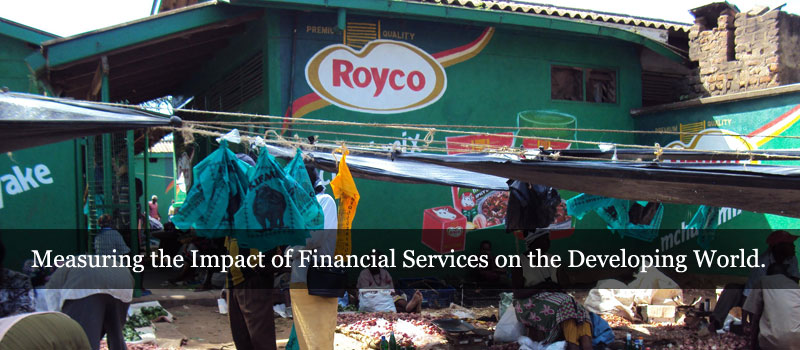Effects of Savings on Consumption, Production, and Food Security: Evidence from Rural Malawi
Until recently, policy for supporting rural households, their livelihoods, and their food security has essentially concentrated on three instruments: inputs, credit, and training. Each of these has shown some limitations. Subsidization of agricultural inputs has proven costly and of unclear efficacy. Microcredit has shown more modest impacts than initially believed. Training has proven expensive to fund and modest in its results.
Consequently, the attention of policymakers has recently turned to formal savings as a potential policy instrument for sustainably supporting the rural poor. Yet limited evidence currently exists on whether and how savings supports behaviors and productive abilities associated with sustained food security.
Using a field experiment funded by the Gates Foundation and implemented by Opportunity International Bank of Malawi (OIBM), this paper assesses evidence on how formal savings may indirectly enhance longer term food security through affecting a household's ability to smooth consumption across time, to adopt higher risk but higher return production, and to upgrade existing production processes -- that is, to access food throughout the year more easily and to produce more food more readily.




